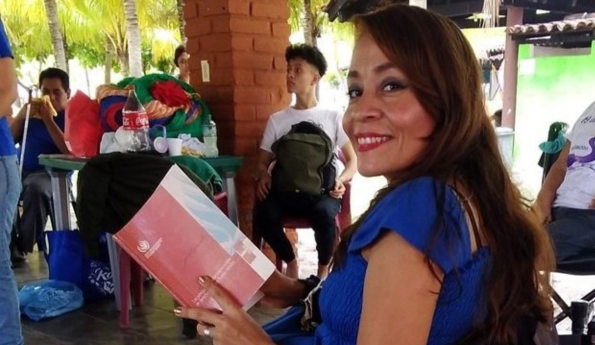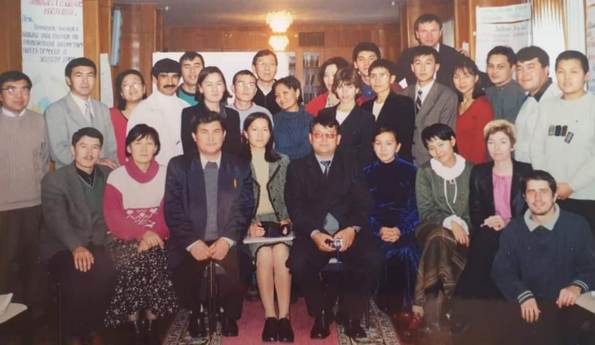By Klaudia Taylor, Senior Program Manager
All over the world, too many talented, ambitious women are held back from achieving their potential as organizational leaders by a range of cultural, social, and emotional barriers. Despite the work that international development organizations do to alleviate poverty for women around the world, the sector has still not come of age with respect to women’s leadership at the top of NGOs and funders, according to the newly released Global Women’s Leadership Initiative Index.
On June 6th, I had the opportunity to attend a one-day Forum to Advance Women’s Leadership in the International Development Sector organized by the WILD Network in Washington, D.C. A mid-level professional with over ten years of professional experience and a mom of two beautiful children ages four and seven months, I was motivated to participate in the WILD Forum as I re-examine my own professional leadership goals.
As I walked into the historic Whittemore House that morning, I was not entirely sure what to expect. The stated goal of the Forum was to help women working in global development to enhance their individual leadership skills by learning about cutting-edge research and tools to promote their professional development. I was curious, but skeptical. Would this be just another DC development event, with organizations each showcasing their own success stories?
Fortunately, I and my fellow 250+ participants in the WILD Forum were in for a special experience. We kicked off the morning with Sally Helgesen, the renowned author of How Women Rise: Break the 12 Habits Holding You Back from Your Next Raise, Promotion, or Job. One of the ideas that resonated with me was the concept of recruiting your own personal board of directors or advisors. Like we see in our global programs, having your own tribe of supporters who can provide feedback and cheer you along your leadership journey is critical to success.
Thinking about how I could strengthen my personal board of directors affirmed that support and mentorship in both the professional and personal realms are key. Caregiving obligations are key factors in whether women put themselves forward for director roles in development NGOs, which can include travelling for up to 65 percent of the job. In my case, having a husband who is willing to run the household has been a major enabling factor. Men are important partners in making a change, and we should not underestimate their critical role in advancing women’s leadership and equality. Identifying male advocates for women’s leadership and sustaining constructive conversations with them about how to make gender-inclusive leadership a reality should be top priorities for the global development sector in the coming years.
Throughout the WILD Forum, we heard from inspiring women leaders at all levels of the international development sector. This included USAID’s Susan Fine, Acting Assistant to the Administrator, Bureau for Policy, Planning and Learning, who confirmed that ten out of 12 USAID bureaus are now led by women. For me, the highlight of the Forum came during the roundtable breakout sessions, where I joined the conversation geared toward working moms. During this conversation I received a personal development coaching session. I learned to better identify, evaluate, and overcome limiting beliefs, assumptions, and negative self-perceptions to hone my leadership abilities.
Going forward, I want to focus on developing emotional intelligence, strong communication habits, and other aspects of professional leadership. I want to stop ‘standing in my own way,’ and to build my overall resiliency as a leader to respond and adapt to future challenges. Through my own leadership journey, I hope to develop new avenues of opportunity for those I will be leading in the future.
I left the Forum with greater self-knowledge and greater confidence in my own abilities and leadership style. I hope to be better navigate workplace situations, also to master powerful communication tactics. While individual leadership development and confidence building are often classified as ‘soft skills,’ self-awareness and self-management is essential to be a truly authentic and influential leader.




